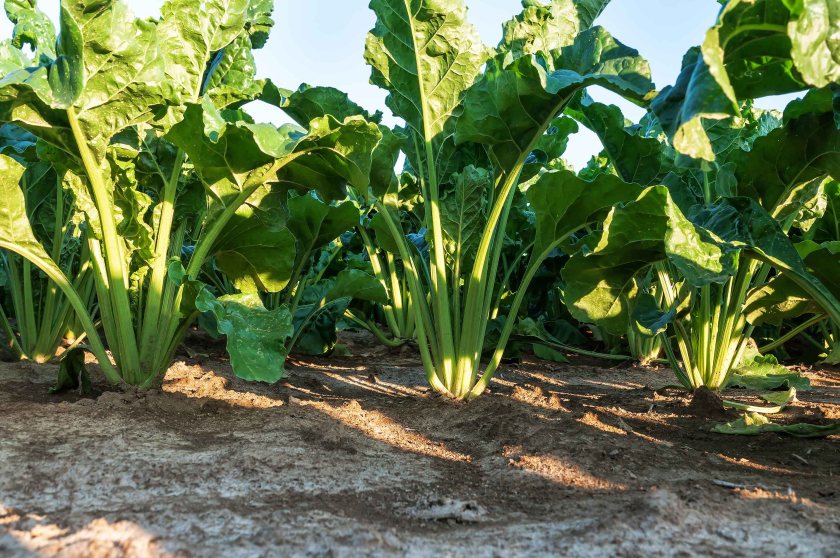
Growing sugar beet in Scotland could support thousands of jobs and make a significant contribution to the country’s net zero ambitions, according to a study.
The report, produced by the Industrial Biotechnology Innovation Centre (IBioIC), found that at least 815 jobs could be directly created by moving towards domestically produced bioethanol as a sustainable feedstock for manufacturing.
Sugar extracted from sugar beet can be used in the production of ethanol as a natural substitute for petroleum-based chemicals used in a range of household goods, as well as antibiotics, therapeutic proteins, and for transportation.
The report, released on Monday (22 November), comes almost 50 years on from the closure of the Scottish sugar beet factory in Cupar, Fife.
The crop's re-introduction would safeguard many of the 11,000 jobs in Scotland’s chemicals industry, the report says, which is increasingly moving towards alternatives to fossil fuels.
New roles would also be created in Scotland's burgeoning biotechnology sector – many of which would likely be in rural and deprived areas, it added.
And switching to a local supply of bioethanol, rather than relying on importing it from Europe as Scotland currently does, could reduce its carbon footprint by more than 280,000 tonnes of CO2.
IBioIC's study builds on crop trials conducted last year that found Scotland can grow sugar beet at competitive yields.
The report sets an initial target of growing 1 million tonnes of sugar beet annually, which could in turn produce 110m litres of bioethanol per year – expected to be around 75% of Scotland’s current needs for transport.
Dundee – for its proximity to suitable agricultural land – or Grangemouth, because of its access to power generation, water treatment, a major port, and existing presence of chemicals companies have been identified as optimal locations for a bioethanol plant.
Mark Bustard, chief executive officer at IBioIC, said the report underlined the 'scale and significance' of the opportunity for Scotland through the re-introduction of sugar beet.
"The introduction of the new E10 mandate, meaning 10% of petroleum fuel is blended with bioethanol, effectively doubles our need for sustainably sourced ethanol overnight," he said.
“However, it is merely a precursor to much bigger changes ahead and sustainable indigenous sugar supply from biomass is a key component in growing a significant new cluster in Scotland."
Many of the largest consumer goods manufacturers in the world have committed to net-zero carbon targets and moving away from products made from petrochemicals is a big part of that drive.
Mr Bustard said bio-based production was the future of manufacturing in a net-zero Scotland, with sugar beet being an opportunity to develop sustainable feedstock.
"Not only could it safeguard many of the thousands of jobs in our existing chemicals sector, but it could create hundreds more through new opportunities and manufacturing methods," he added.
“It is up to us now to take this first step towards a more environmentally friendly and future-proofed manufacturing supply chain, at the heart of a bioeconomy.”
